Bisocor Plus 2.5/6.25 | Tablet | 10 pcs
৳ 60.20
Brand Name: Bisocor Plus Tablet
Generic: Bisoprolol Fumarate + Hydrochlorothiazide
2.5 mg+6.25 mg
Manufacturer: Square Pharmaceuticals Ltd.
Unit Price: ৳ 6.02 (30’s pack: ৳ 180.60)
Indications
Therapeutic Class
Pharmacology
Bisoprolol is a beta1 selective (cardio selective) adrenoceptor blocking agent without significant membrane stabilizing activity or intrinsic sympathomimetic activity in its therapeutic dosage range.
Hydrochlorothiazide is a diuretic (benzothiadiazine) affecting the distal renal tubular mechanism increase excretion of sodium and chloride and resulting reduced blood volume or Cardiac output.
Individually Bisoprolol Fumarate and Hydrochlorothiazide used as antihypertensive agent and combination of these two drugs brings maximum response in treatment of hypertension. Hydrochlorothiazide significantly increases the antihypertensive effect of Bisoprolol Fumarate. The incidence of hypokalemia is less due to low dose of Hydrochlorothiazide.
Dosage & Administration
Bisoprolol is an effective treatment of hypertension in once daily doses of 2.5 to 40 mg, while Hydrochlorothiazide is effective in doses of 12.5 to 50 mg. In clinical trials of Bisoprolol/Hydrochlorothiazide combination therapy using Bisoprolol doses of 2.5 to 20 mg and Hydrochlorothiazide doses of 6.25 to 25 mg, the antihypertensive effects increased with increasing doses of either component.
Initial Therapy: Antihypertensive therapy may be initiated with the lowest dose of Bisoprolol & Hydrochlorothiazide, one 2.5/6.25 mg tablet once daily. Subsequent titration (14 day intervals) may be carried out with Bisoprolol & Hydrochlorothiazide tablets up to the maximum recommended dose 20/12.5 mg once daily, as appropriate.
Replacement Therapy: The combination may be substituted for the titrated individual components.
Therapy Guided by Clinical Effect: A patient whose blood pressure is not adequately controlled with 2.5-20 mg Bisoprolol daily may instead be given Bisoprolol & Hydrochlorothiazide. Patients whose blood pressures are adequately controlled with 50 mg of hydrochlorothiazide daily, but who experience significant potassium loss with this regimen, may achieve similar blood pressure control without electrolyte disturbance if they are switched to Bisoprolol & Hydrochlorothiazide.
Interaction
Contraindications
Side Effects
Pregnancy & Lactation
Pregnancy Category C. There are no adequate and well-controlled studies in pregnant women. This combination should be used during pregnancy only if the potential benefit justifies the risk to the fetus.
Lactation: Bisoprolol alone or in combination with Hydrochlorothiazide has not been studied in nursing mothers.
Precautions & Warnings
Hyperuricemia or acute gout may be precipitated in certain patients receiving thiazide diuretics. Warning signs or symptoms of fluid and electrolyte imbalance include dryness of mouth, thirst, weakness, lethargy, drowsiness, restlessness, muscle pains or cramps, muscular fatigue, hypotension, oliguria, tachycardia and gastrointestinal disturbances such as nausea and vomiting. Hypokalemia may develop.
If withdrawal of this combination therapy is planned, it should be achieved gradually over a period of about 2 weeks. Patients should be carefully observed.
Overdose Effects
Storage Conditions
| Generic Name | Bisoprolol Fumarate + Hydrochlorothiazide |
|---|
Only logged in customers who have purchased this product may leave a review.

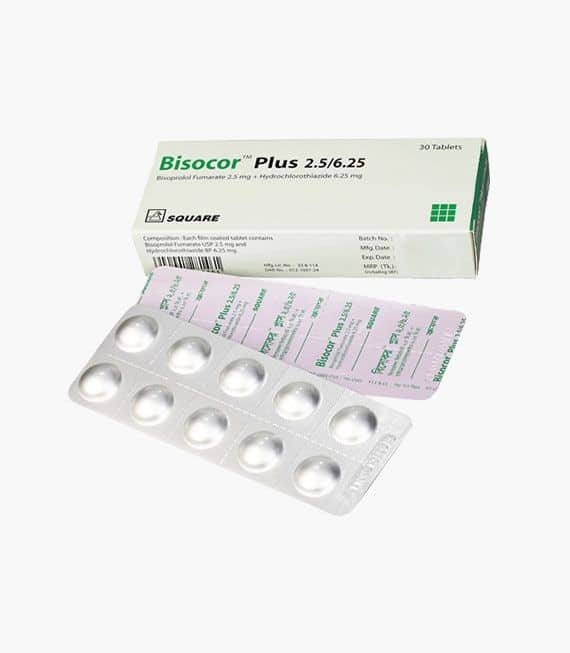
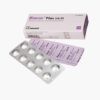
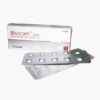


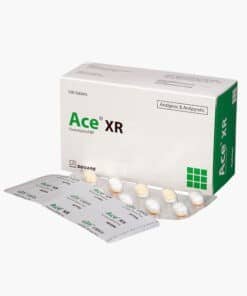
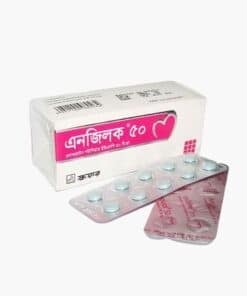
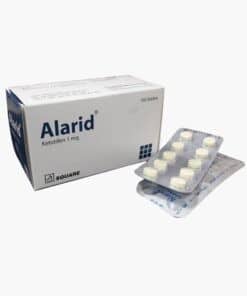
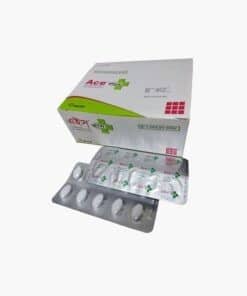
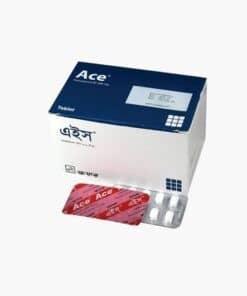
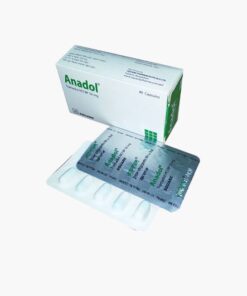
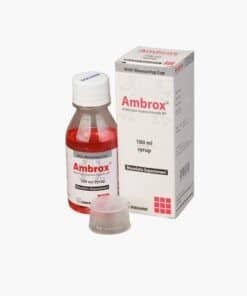
Reviews
There are no reviews yet.